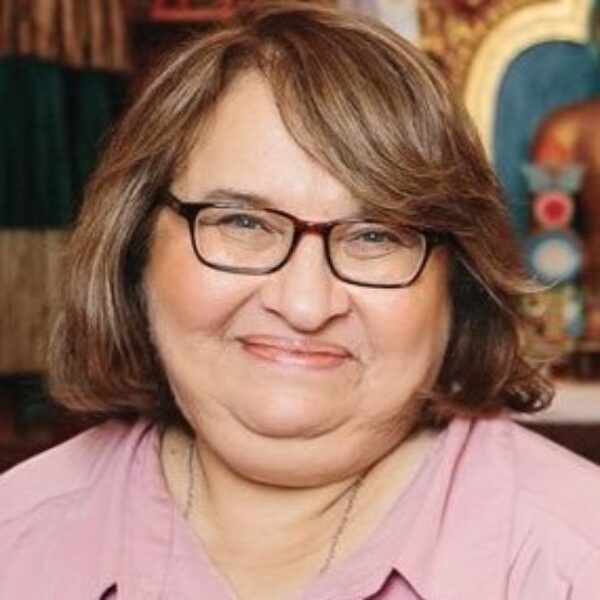The Truth of Change in Every Solidarity
I was born in the 1950s into a Jewish family. Particularly given the aftermath of World War II, the idea of Jewish identity — even in a relatively secular household in the States — was an intense and complicated one for me growing up.
Throughout my childhood, I felt the shadow of the Holocaust when in the presence of extended family members. They’d talk about the survivors in the family, along with horrific stories of starvation, illness, and death. In a strange way, hearing about the Holocaust made me feel closer to my Jewish roots. I felt a definitive sense of solidarity and collective identity when it came to thinking about this traumatic memory. I felt there was something I could stand behind.
Strangely, though, there was another dynamic at work, one that I understand better looking back. The Holocaust was always discussed as something those awful people did over there. Implicit in my sense of solidarity with a Jewish identity was a deeper notion of separation and alienation.
While I was at the Holocaust Memorial Museum in D.C., I found it so painful to walk through the exhibitions, but the information was rich and thought-provoking. As I walked through the museum, I found myself wanting to stay away from the particular rooms that focused on the ways in which U.S. immigration policies related to the Nazi regime. I was reluctant to acknowledge that the museum was, in various instances, implicating the United States in the Holocaust — the idea being that if more Jews had been allowed to move here to the U.S., they wouldn’t have been slaughtered.

It wasn’t until after the museum visit that I really acknowledged the proverbial elephant in the room, the thing I had avoided dealing with. U.S. policies did, in fact, have something to do with the Holocaust. There were forces at work behind the horror that happened besides “them,” forces influencing the situation from all sorts of directions, including foreign policy matters coming from the United States, a country I had always identified with, and one I always thought of as supremely heroic in the context of World War II. The divide that had completely defined my understanding of this historical trauma for years dissolved.
Having this realization felt kind of scary, and understandably so. It’s never easy having the rug pulled out from under you about something, especially when it concerns a long-standing belief, and especially a belief about identity. But my reaction was not just confusion or pain. I also felt much more free, freer because I was able to acknowledge that we are all interdependent.
Identity is always a tricky question, especially so within the context of a sacrosanct us-versus-a-terrible-them phenomenon. Whenever we think of things that happen in terms of “us and them,” we render a vision of ourselves as powerless, when in fact we have infinite opportunities to seek change for ourselves, and for the world, through our connection with all others. I used to feel terrified when I heard my family members talk about the Holocaust in this way. If we were completely helpless when “they” did this once before, then wasn’t it the case that we couldn’t do anything at all to prevent “them” from doing it yet again?
Yet, when I think of an interlocking web of responsibility, I see that there are things I can affect, and the situation feels less scary. This isn’t the same as being stupid, or endlessly guilty, or victim blaming. It is a worldview that reminds us to look deeper, to look for what we ourselves can do to affect change, even if it seems to be only a small part of a giant ball of conditions that together appear to make for an intractable, unrelenting, and very solid whole. No matter what the appearance, any seeming solidity harbors the truth of constant change.

People I know who can walk this fine line well — looking for where they might bear some responsibility, and therefore becoming empowered to work for change, without falling over into a useless morass of guilt or self blame — are people in A.A. or other 12-step programs. In various organizations, I have consulted with my fellow board members in times of conflict, in times when it would have been easy to lay blame on others, or harshly blame oneself. But I have repeatedly seen other members demonstrate a kind of personal moral inventory — fearless, clear-eyed, and compassionate towards themselves. This invariably has provided the means for moving forward, instead of being even further stuck in acrimony.
Looking at responsibility doesn’t absolve others of their unskillful actions. Instead, it injects a very positive energy, the energy we all need in order to go on and get something done.
